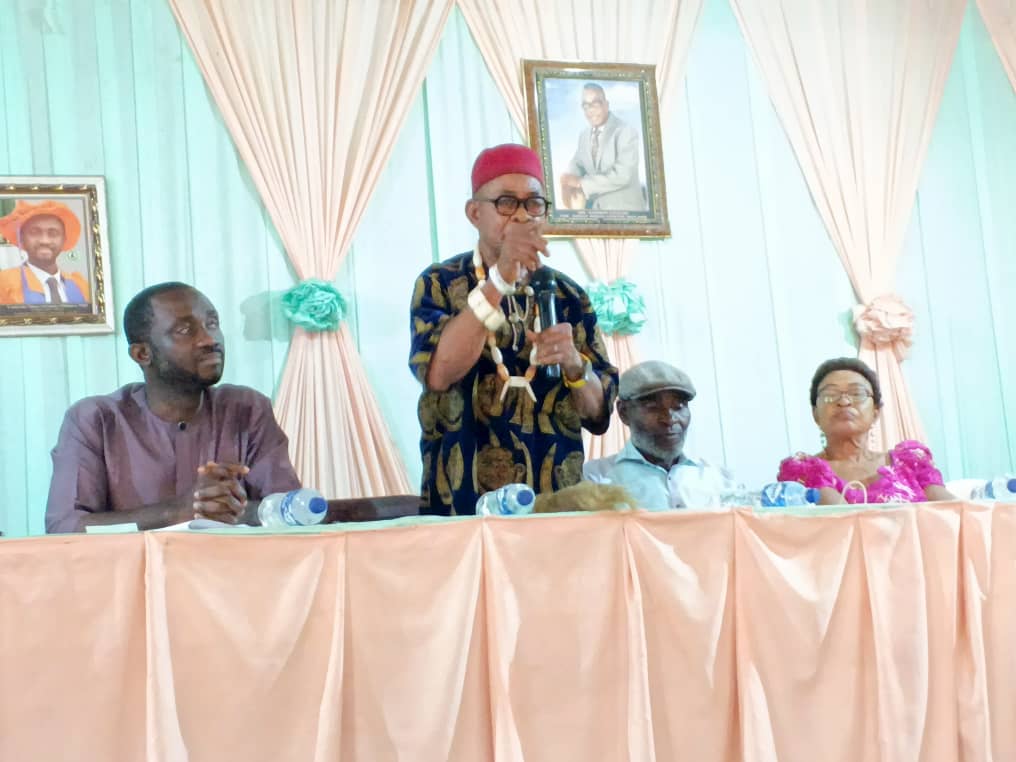Medical expert, Dr Christopher Otabor has decried the economic effect of medical tourism on the health sector and the Nigerian economy, warning that Nigeria loses upwards of a billion dollars to venture.
Lamenting also that teaching hospitals and specialist hospitals are loosing doctors as a result of the Japa syndrome cutting through the country.
Dr expert made this revelations during a solidarity visit by the Guild of Medical Directors to Alliance Hospital saying that the trend may never be reversed until the government prioritizes investment in the health sector.
He lamented that the;
‘‘The globally accepted best practice of doctor-to-patient ratio is one doctor to 600 patients but in Nigeria today, our ratio has skyrocketed to 1 doctor to 10, 000 patients. What kind of care do you expect from an overworked doctor?
‘‘The issue of Doctors’ welfare is another problem. If healthcare professionals are not treated well, they will look for greener pastures and leave.
‘‘Some villages lack doctors; some very large local governments do not have even one doctor.
”A hungry doctor is a dangerous doctor, there’s the risk of trying to cut corners to survive.
‘‘The Nigerian government must not continue to pretend there is no problem when we have a major emergency in the health sector waiting to happen.
‘‘Sometimes we assume that when people are in government, they know exactly what to do. Yes, they are knowledgeable, but they don’t know everything.
‘‘Nigeria fell behind the Abuja declaration, since 2001 and has only dedicated 6% to the healthcare system.
‘‘The government also needs to support the private hospitals. Don’t forget that those hospitals in India that Nigerians spend millions to go to abroad are private hospitals. That capital flight can be reversed.
‘‘For instance, for you to do a kidney transplant in the United Kingdom now, you need about 100,000 pounds. That’s about 180 million naira. In India, you’d probably be requiring like 80 million there. Not too many families can afford that.
‘‘That’s why we’re trying to build capacity locally. We’re trying to see how we can bridge the gap. We cannot be deterred. We must continue to work to save lives because that’s the primary thing.
Meanwhile, the Guild of Medical Directors led by Dr Kingsley Iseko, noted the readiness of the sector to abide by regulations to ensure standard of practice and improve the confidence of Nigerians in the health care system.
He said that over 70 percent of health services in Nigeria are provided by the private sector and when standards are judiciously applied, it helps improve public confidence.
Hospitals that are in the guild of medical directors have also spearheaded.
“Abuja is fast becoming the centre of reversing medical tourism.
‘‘That is why you journalists have the responsibility to bring about the cross-fertilization of ideas. You put this information out there in the public so that they can pick from it and add to theirs, to be able to synthesize a robust solution for national development’.
Dr Otabor Laments On Effect Of Medical Tourism On Nigeria Economic




